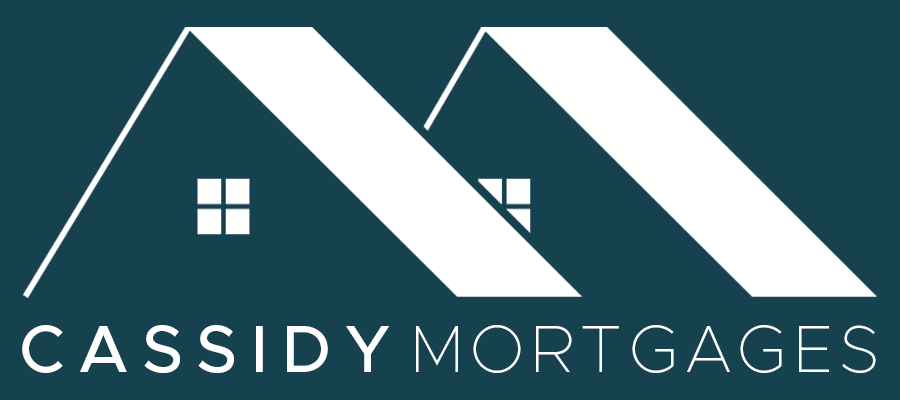A Beginner's Guide To Stamp Duty
- hello50236
- May 22, 2022
- 2 min read
Updated: May 25, 2022
Many crucial factors go into buying a house, especially for first-time buyers. Before consulting an independent mortgage advisor in Liverpool or elsewhere, it is good to brush up on certain factors that may affect your spending.
During the lockdown of 2020, Rishi Sunak announced lower rates of stamp duty, or a stamp duty holiday, to encourage the housing market. Normal rates resumed in October 2021 and so it can be helpful to understand just what stamp duty is and how it could affect your house-buying aspirations.
When purchasing a property above a certain price threshold in England or Northern Ireland, you will pay stamp duty land tax to the government. For first-time buyers, it is crucial to know that you will not pay this tax on any property valued under £300,000. After that, the rate is five per cent for properties priced between £300,001 and £500,000.
Stamp duty is calculated on a sliding scale, which considers the value of the property being purchased. Any property which is valued up to £125,000 features a zero per cent stamp duty, while properties costing £125,001 to £250,000 come with a two per cent charge. The scale continues to climb for properties worth £250,001 to £925,000 at five per cent.
The highest rates of stamp duty come with the highest-valued properties. If a buyer is paying £925,001 to £1.5 million, the rate is ten per cent, while any purchase costing over £1.5 million brings with it a charge of 12 per cent for stamp duty.
When purchasing additional property, there is a stamp duty rate of three per cent for anything costing between £40,001 and £125,000. So if you're in the market for a holiday home or a second house, please bear this extra cost in mind.
Buying a home or homes requires careful planning. Always consider what percentage of stamp duty you will be paying, factoring this into your budget so you won't be caught out when it comes time to sign the paperwork.




Comments